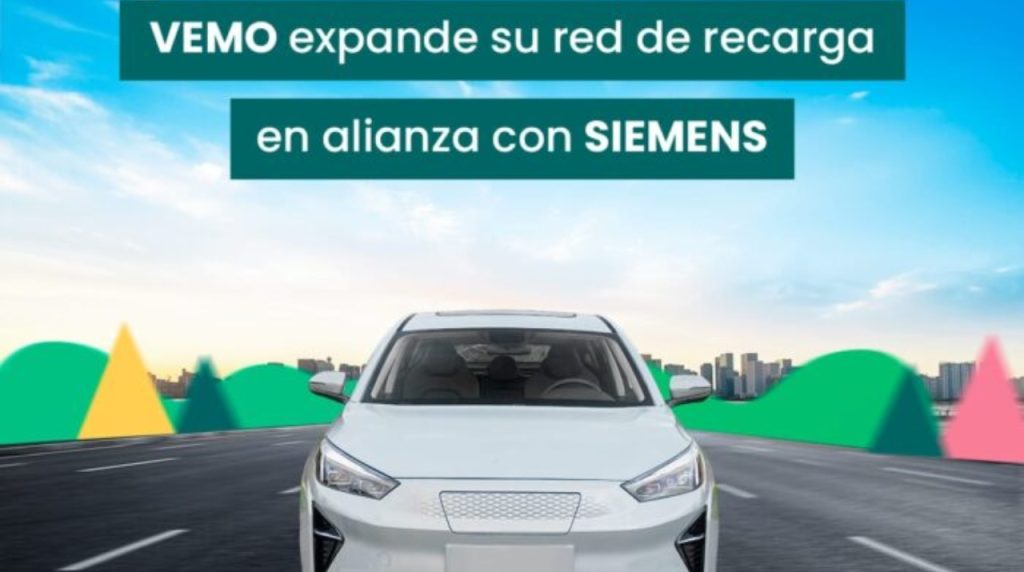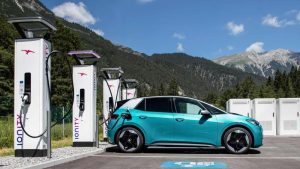VEMO, a Mexican firm dedicated to promoting the development of sustainable mobility in Mexico and its surroundings, has entered into a strategic partnership with Siemens, a world-renowned technology company.
This alliance has been agreed with the objective of carrying out electrification through fast charging in six of the main highway routes in the country, contemplating the installation of six charging stations with a capacity of 160 kW each, strategically located in the most important roads in the central region of the country.
This project will enable drivers of electric vehicles to travel along these crucial routes without worrying about running out of energy, as they will have optimal recharging and rest points for distances ranging from 300 to 600 km.
Related content: VEMO partners with Banco Santander to boost sustainable mobility in Mexico
Strategic Alliance for VEMO
Ernst & Young noted that electric vehicles currently account for 13% of global car sales, according to Horacio Ramos, Electromobility Director for Siemens in Mexico, Central America and the Caribbean.
Furthermore, it is projected that by 2030, this proportion will reach 55%, thus evidencing a significant trend towards the mass adoption of electric vehicles worldwide.

“This global trend is also present in Mexico, where today there are just over 40,000 vehicles with electrified technologies, which need a robust and interconnected charging infrastructure that allows them a greater range of mobility. This alliance with VEMO allows us to promote the electromobility trend in the country, advancing in the sustainability and decarbonization of transportation,” said Ramos.
He also stressed the importance of considering that the Mexican Association of the Automotive Industry (AMIA) estimates that Mexico currently has more than a thousand public charging stations for electric cars.
However, it projects the need to implement approximately 40,000 additional stations by 2041, given the anticipated growth in circulation of around 700,000 electric vehicles for that period.




